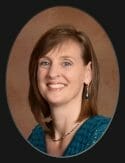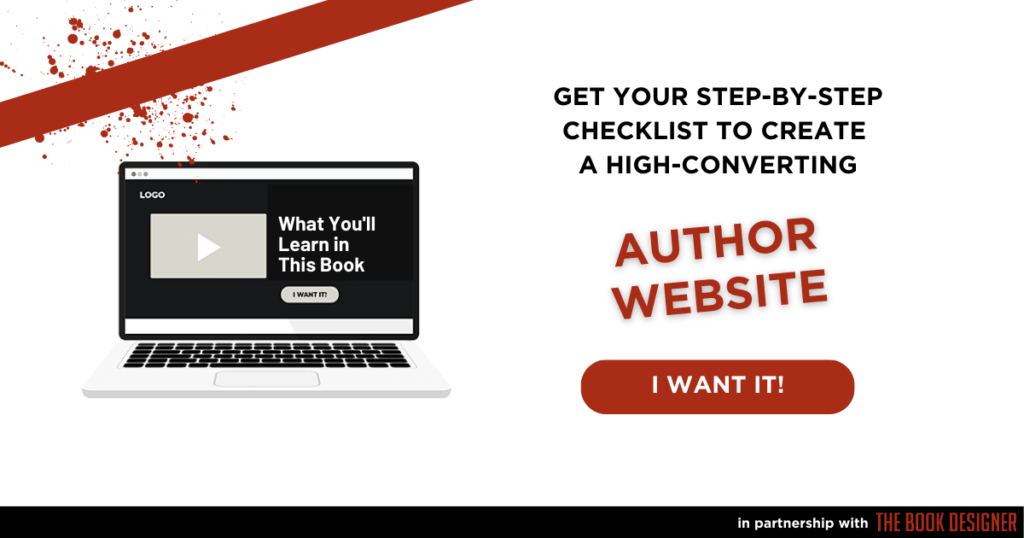By Sarah Bolme
We can never stress enough the importance of an author’s platform. In today’s guest post, Sarah Bolme explains how to focus your efforts for this self-publishing necessity. Enjoy!
“If you want to be an author and either get published or sell books, you need a platform.”
This is the prevailing message in the publishing industry and at writers’ conferences today. As a result, many aspiring authors and independently published authors rush to start a platform.
The problem is that most authors focus on where they will build their platform and how they will build their platform. They fail to identify what their platform is and whom they intend to reach.
I frequently run into authors who cannot identify the target audience for their books. It seems many independently published authors fail to identify who their target audience is and what their unique take on their message is.
In essence, many authors fail to understand what having a platform means. Having a platform simply means that you have an audience—a group of people—who listen to what you have to say. People only listen to what you have to say because you are saying something different from everyone else, something that resonates with them. As a result, these people trust you and share your message with others. When this happens, you develop influence with this group of people.
The Internet is filled with people talking about every subject under the sun. If you join the conversation and talk about the same things that other people are talking about, what will make people stop listening to another influencer and start listening to you?
Remember, you are in competition for people’s time and attention. Readers have numerous options as to who to follow and listen to. To be effective at building a platform, you must first identify who your target audience is and what your unique spin on your topic is.
WHO is your target audience?
- What is their:
- gender
- age
- economic status
- relationship status
- employment type
- special interests?
- Who are you writing to?
Close your eyes and identify this person.
WHAT is your unique message?
- What sets your message apart from everyone else who is talking about your topic?
- What aspect are you focusing on that other books don’t?
- What is your desired outcome for those who listen to your unique message?
- How will your audience grow from listening to your message?
After you have identified the who and the what, then you can focus on where and how to build your platform.
WHERE will you hold your platform?
Social media is not the place to develop a platform. Your platform is developed from a blog, a podcast, or a video series—whichever one your target audience will respond to best.
Social media is simply a tool to use to amplify the message that you are building on one of these venues. Knowing which social media your target audience uses to hang out helps you spread your message effectively.
HOW will you build your platform?
- Will you blog, podcast, or create a video once a week, twice a week, or monthly?
- Will you develop a weekly or monthly email newsletter to communicate your message?
- Will you use just your own material, or will you interview or allow guests to speak to your audience as well?
You must determine which of these methods speaks the best to your target audience and works for you.
Don’t rush out to start building a platform (developing an audience) until you have identified who your target audience is and what makes your message different from all the others out there on your topic. You can’t get to your destination if you don’t know where you want to go.
 Sarah Bolme is the Director of Christian Small Publishers Association. This organization provides small publishers and independently published authors the information and tools for success in publishing and marketing Christian books. Sarah is also the author of the award-winning Your Guide to Marketing Books in the Christian Marketplace , now in its third edition.
Sarah Bolme is the Director of Christian Small Publishers Association. This organization provides small publishers and independently published authors the information and tools for success in publishing and marketing Christian books. Sarah is also the author of the award-winning Your Guide to Marketing Books in the Christian Marketplace , now in its third edition.




